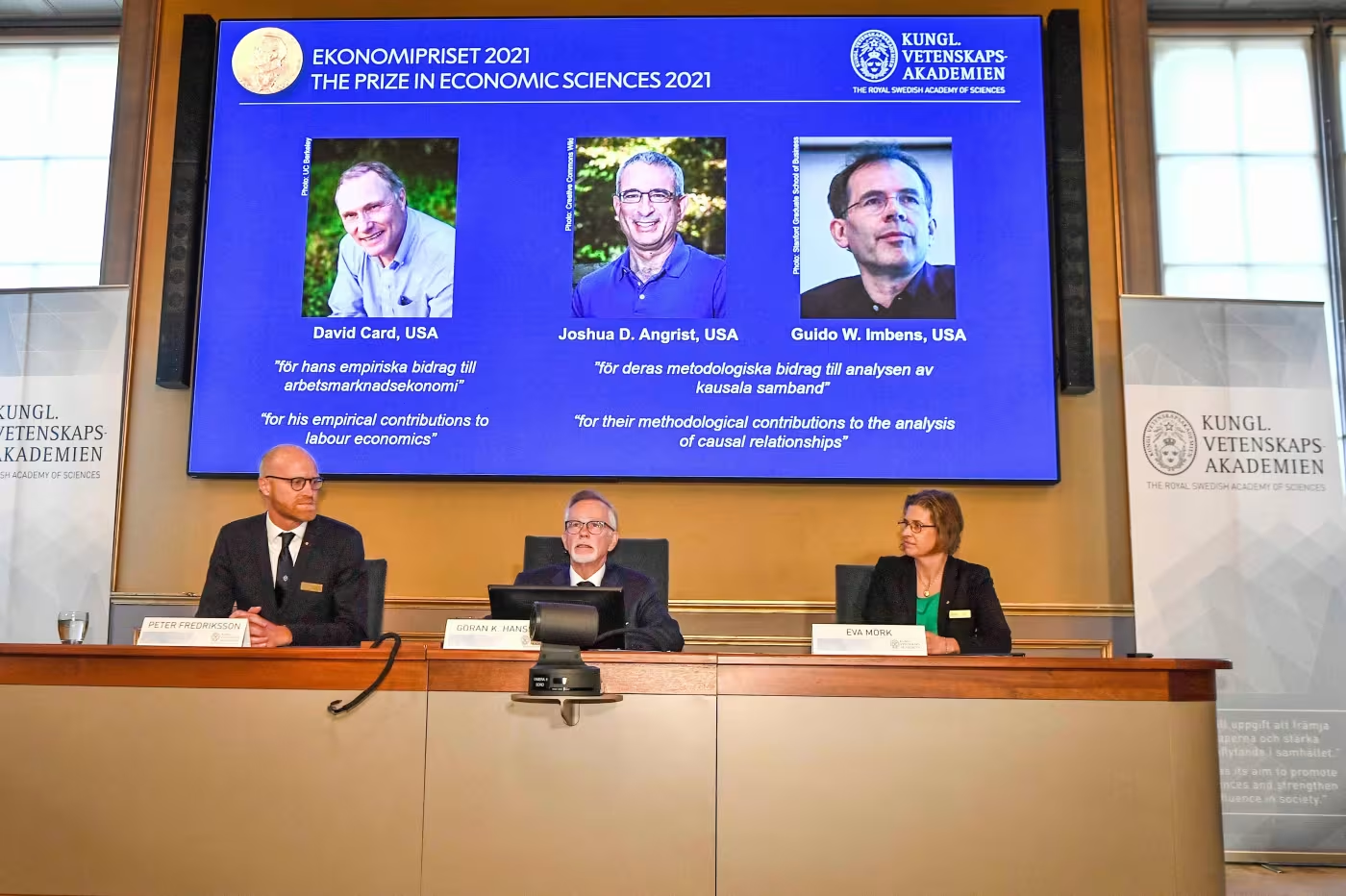Daron Acemoglu, Simon Johnson, and James Robinson have been awarded the 2024 Nobel Prize in Economic Sciences for their groundbreaking work on the inequality of wealth between nations. The trio’s research has highlighted how poor governance and exploitative institutions hinder economic development and growth, playing a crucial role in why some nations struggle to achieve prosperity while others flourish.
Acemoglu and Johnson are professors at the Massachusetts Institute of Technology (MIT), while Robinson serves as the director of the Pearson Institute for the Study and Resolution of Global Conflicts at the University of Chicago. Their work emphasizes the significance of effective societal institutions in fostering economic growth, illustrating why countries with stronger legal systems and better institutions tend to succeed economically.
Key Contributions and Insights
Acemoglu and Robinson are best known for their 2012 book, Why Nations Fail: The Origins of Power, Prosperity, and Poverty. This influential work investigates the roots of global inequality, revealing how political and economic systems—particularly those shaped by colonial powers—have perpetuated wealth gaps across nations.
One of the most striking findings highlighted by the Nobel committee is that nations that were among the wealthiest during the colonization period are now some of the poorest. The laureates’ research traces this phenomenon back to the exploitative institutions established by colonial rulers, which stunted growth and created enduring economic disparities.
The Nobel committee also noted that the richest 20% of nations today are approximately 30 times wealthier than the poorest 20%. The ongoing inability of the poorest nations to close this gap underscores the importance of the economists’ work in understanding how institutions impact national wealth over time.
A Longstanding Question in Economics
The persistence of economic inequality between nations has been a critical question in social sciences for centuries. The work of Acemoglu, Johnson, and Robinson has provided fresh empirical and theoretical approaches to this issue, significantly enhancing our understanding of global wealth distribution. Jakob Svensson, director of Stockholm University’s Institute for International Economic Studies, praised their work as pioneering, particularly in its exploration of the roles institutions play in either driving or hindering prosperity.
Nobel Economics Prize History
The Nobel Prize in Economic Sciences, officially known as the “Sveriges Riksbank Prize in Economic Sciences in Memory of Alfred Nobel,” was first awarded in 1969. This year’s laureates will share 11 million Swedish kronor (around $1.058 million), continuing the tradition of recognizing the most significant contributions to the field.
Last year’s prize was awarded to Claudia Goldin for her research on women’s labor market outcomes. The Nobel committee has consistently recognized work that sheds light on pressing economic and societal challenges, with previous winners focusing on topics such as financial crises, banking systems, and gender disparities in the workforce.
Broader Context of Nobel Prizes
The Nobel Peace Prize for 2024 was awarded last week to Nihon Hidankyo, a Japanese atomic bomb survivor organization, for its tireless efforts to eliminate nuclear weapons globally. The other Nobel Prizes, which have been awarded since 1901, cover fields like physics, chemistry, physiology or medicine, and literature. The economics prize, though introduced later, in 1968, remains one of the most prestigious honors in the world of academic research, recognizing individuals or groups whose work has outstanding importance for global economic understanding.










